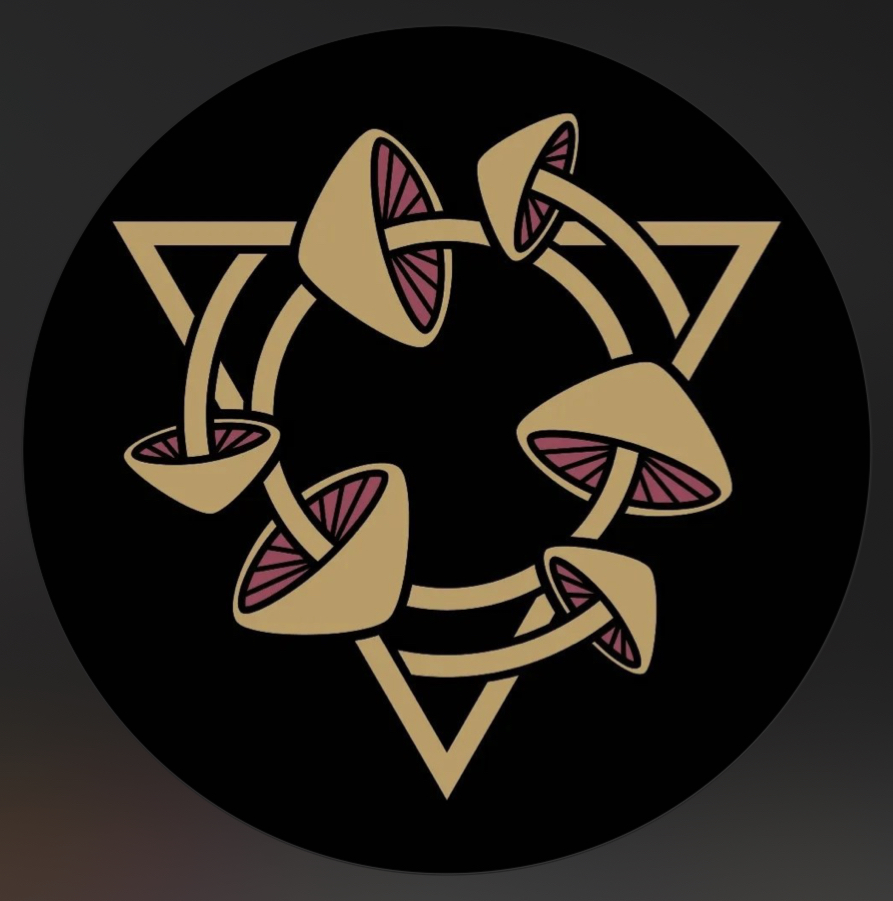Reishi (Gamoderma Lucidum)
Ganoderma lucidum has a rich history of use for bolstering health and longevity in China, Japan, and other Asian countries. It is a larger, darker-than-average mushroom that has a glazed sheen and looks remarkably like wood. In Latin, lucidus means “shiny” or “brilliant” and refers to its glistening appearance. In China, G. lucidum is called lingzhi, whereas in Japan the name for the Ganodermataceae family is reishi or mannentake. They can typically be found at the base or stump of dead harun trees.
Reishi (Gamoderma Lucidum) Ganoderma lucidum has a rich history of use for bolstering health and longevity in China, Japan, and other Asian countries. It is a larger, darker-than-average mushroom that has a glazed sheen and looks remarkably like wood. In Latin, lucidus means “shiny” or “brilliant” and refers to its glistening appearance. In China, G. lucidum is called lingzhi, whereas in Japan the name for the Ganodermataceae family is reishi or mannentake. They can typically be found at the base or stump of dead harun trees. Lingzhi in Chinese symbolizes a balance of spirituality and immortality, and is regarded as the “herb of spiritual potency,” a boon of great success, general well-being, divine power, and longevity. Among cultivated mushrooms, G. lucidum is unique in that its pharmaceutical application far exceeds its nutritional benefits. Commercial G. lucidum products are available in a variety of forms, such as powders, dietary supplements, and tea; each produced from every part of the mushroom, including its spores, fruit body and mycelia. Applications and health benefits of lingzhi include modulation of the immune system, control of blood glucose levels, hepatoprotection, bacteriostasis, and more.
